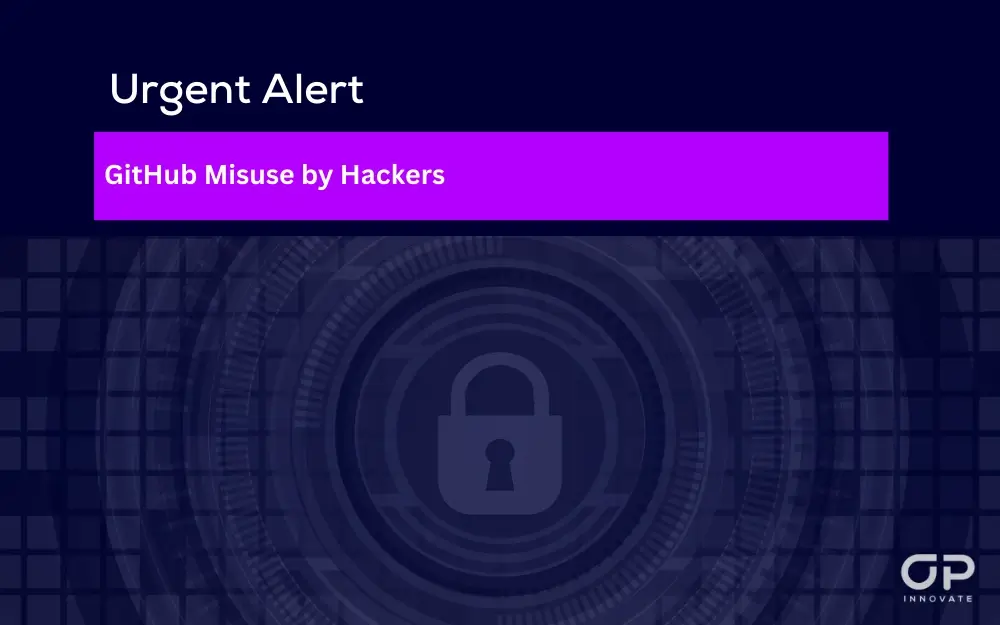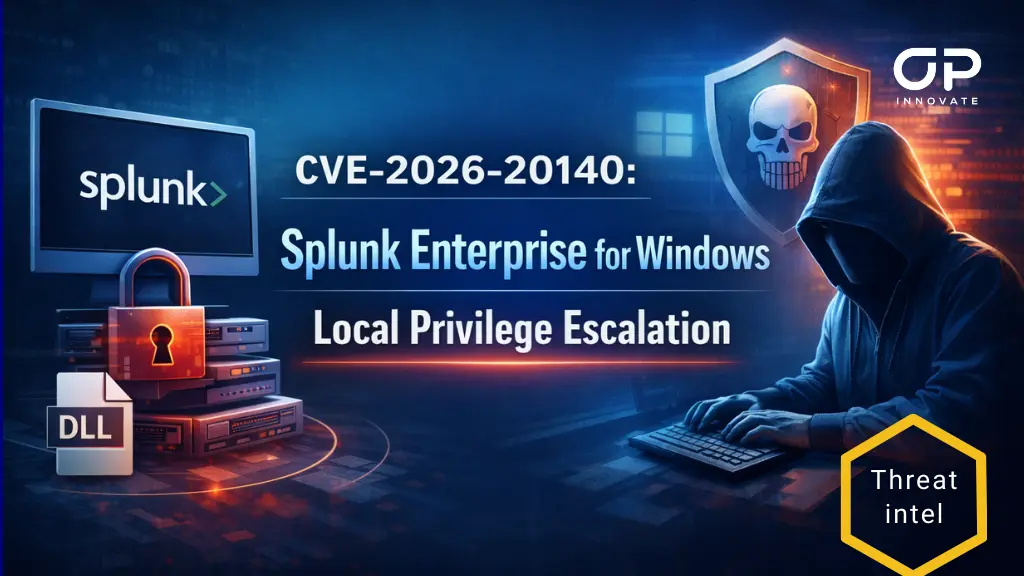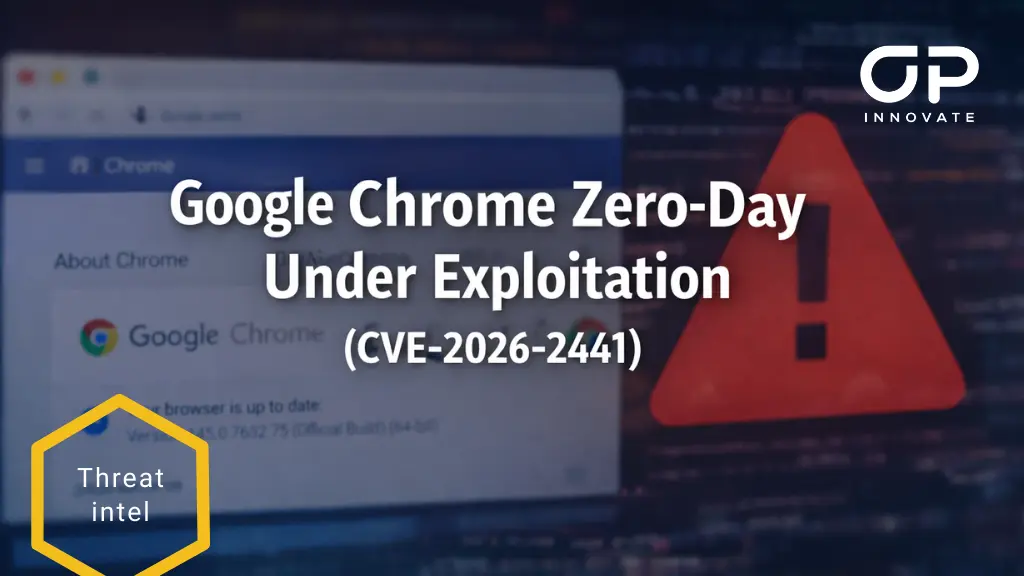We are issuing an urgent Cyber Threat Intelligence (CTI) alert regarding a sophisticated and evolving cyber threat. Recent reports indicate that malicious actors are increasingly exploiting GitHub, a widely-used open-source development platform, to conduct their operations. This alert is intended to inform you of the nature of this threat, its implications, and recommended actions.
Threat Overview:
- Tactic Used: Threat actors are misusing GitHub features, particularly secret Gists and git commit messages, to host and distribute malware. This strategy allows them to evade traditional detection mechanisms.
- Attack Methodology: Malicious code is being embedded in Python Package Index (PyPI) packages, masquerading as libraries for network proxying. These packages contain URLs pointing to GitHub-hosted secret Gists, which in turn contain encoded commands executed on compromised systems.
- Detection Difficulty: Utilizing GitHub for command-and-control (C2) infrastructure blends malicious traffic with legitimate communications, significantly complicating detection efforts.
- Previous Incidents: This method is an evolution of techniques observed in previous years, such as the SLUB backdoor campaign detected by Trend Micro in 2019.
Implications for Security:
- Increased Evasion Capabilities: The abuse of trusted platforms like GitHub makes it challenging for security systems to flag malicious activities, increasing the risk of successful cyber attacks.
- Need for Enhanced Detection: Traditional security measures may not be sufficient to detect these threats. Advanced monitoring and detection strategies are essential.
Recommended Actions:
- Update Detection Systems: Ensure your security solutions are updated to detect unusual activities related to GitHub traffic.
- Monitor Software Dependencies: Pay close attention to third-party dependencies, especially those in the Python ecosystem, and verify their integrity.
- Educate Development Teams: Inform your software developers and security teams about this threat. Encourage scrutiny of code and dependencies, especially from public repositories.
- Regular Audits: Conduct regular security audits of your software infrastructure to detect any anomalies or unauthorized changes.
We at OP Innovate are committed to keeping you informed and prepared against such sophisticated cyber threats. If you have any questions or require further assistance, please do not hesitate to contact us.









